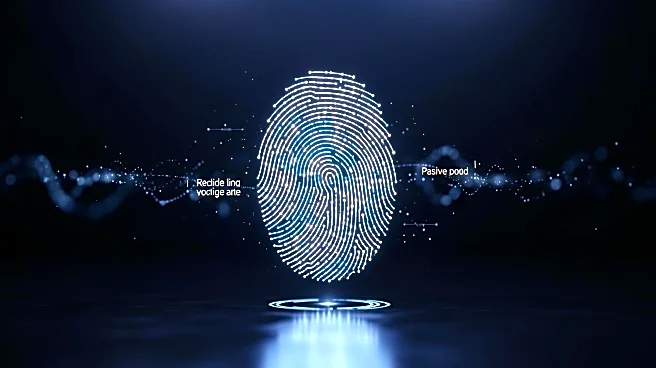What's Happening?
Psychologists have identified seven traits commonly found in individuals who eat dinner after 9 p.m. These traits include being night-owls by chronotype, trading early evening hours for flow, synchronizing with social schedules, skewing towards creativity, having different self-control rhythms, experiencing shifted hunger and metabolism cues, and adapting to cultural norms. Late-night diners often align their eating habits with their biological clocks rather than societal norms, which can lead to a more personalized and effective lifestyle. This behavior is not indicative of disorganization but rather a strategic alignment with personal and social rhythms.
Why It's Important?
Understanding the traits of late-night diners can offer insights into how individuals manage their time and energy. This knowledge can be beneficial for industries such as food service and hospitality, which may need to cater to varying dining schedules. It also highlights the importance of respecting individual chronotypes in workplace settings, potentially leading to more flexible work hours that align with employees' peak productivity times. Additionally, recognizing these traits can help in designing better health and wellness programs that accommodate different lifestyle patterns.











